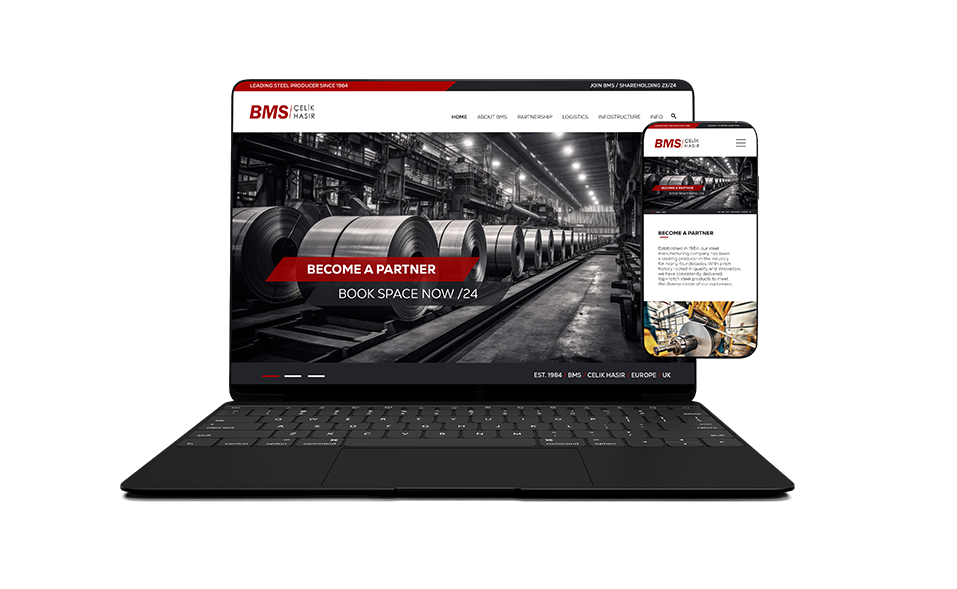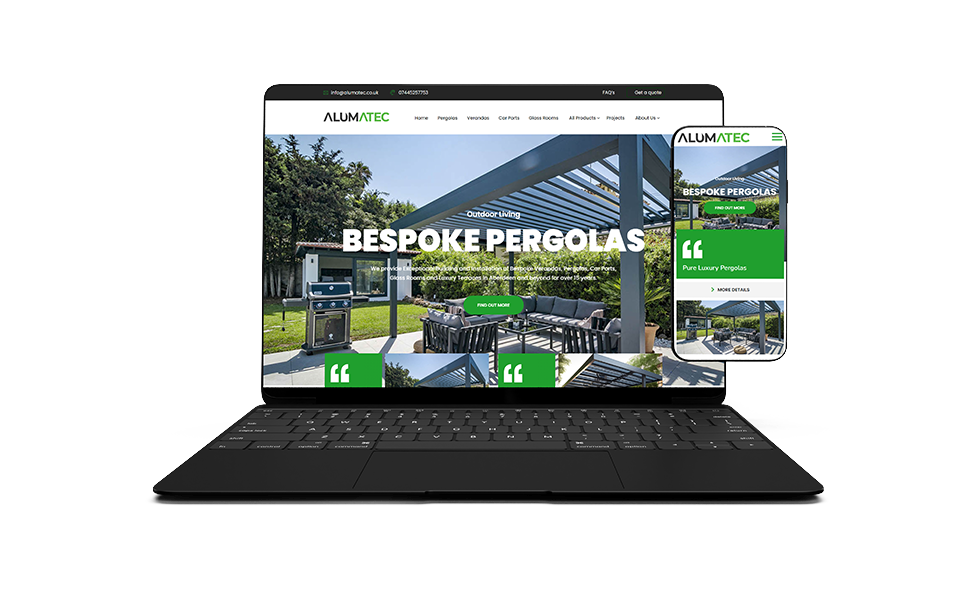Table of Contents
- Introduction
1.1 What is CRM Software?
1.2 Importance of CRM in Business - Key Features of CRM Software
2.1 Contact Management
2.2 Lead Tracking
2.3 Sales Automation
2.4 Customer Service
2.5 Analytics and Reporting - Top CRM Software Solutions in 2023
3.1 Salesforce
3.2 HubSpot CRM
3.3 Zoho CRM
3.4 Microsoft Dynamics 365
3.5 Pipedrive - How to Choose the Right CRM Software
4.1 Define Your Business Needs
4.2 Scalability
4.3 Integration Capabilities
4.4 UserFriendliness
4.5 Mobile Accessibility - Benefits of Implementing CRM Software
5.1 Improved Customer Relationships
5.2 Enhanced Sales and Revenue
5.3 Streamlined Business Processes
5.4 Datadriven Decision Making
5.5 Customer Retention - Challenges in CRM Implementation
6.1 Resistance to Change
6.2 Data Security Concerns
6.3 Lack of Employee Training
6.4 Integration Issues
6.5 Customization Challenges - Case Studies: Successful CRM Implementations
7.1 Case Study 1: Company X’s Journey with Salesforce
7.2 Case Study 2: HubSpot CRM Transforming Business for Company Y
7.3 Case Study 3: Zoho CRM’s Impact on Small Business Z - Future Trends in CRM Software
8.1 Artificial Intelligence Integration
8.2 Automation of Routine Tasks
8.3 Enhanced Customer Experience
8.4 Integration with Emerging Technologies
8.5 Personalization in CRM



- Introduction 1.1 What is CRM Software?
Customer Relationship Management (CRM) software is a powerful tool designed to streamline and enhance interactions with customers throughout the entire business lifecycle. It consolidates customer information, automates sales processes, and provides valuable insights for better decisionmaking.
1.2 Importance of CRM in Business
In today’s competitive business landscape, establishing and maintaining strong relationships with customers is paramount. CRM software plays a pivotal role in this by offering a centralized platform for managing customer data, improving communication, and fostering customer loyalty.
- Key Features of CRM Software 2.1 Contact Management
Efficiently organize and manage customer contacts, ensuring that crucial information is readily accessible.
2.2 Lead Tracking
Track leads from initial contact to conversion, optimizing the sales pipeline for increased efficiency.
2.3 Sales Automation
Automate repetitive sales tasks, allowing sales teams to focus on strategic activities and closing deals.
2.4 Customer Service
Provide exceptional customer service by tracking interactions and resolving issues promptly.
2.5 Analytics and Reporting
Gain valuable insights into customer behavior, sales performance, and overall business metrics through advanced analytics and reporting features.
- Top CRM Software Solutions in 2023 3.1 Salesforce
Salesforce stands out with its robust features, scalability, and extensive customization options, making it a top choice for businesses of all sizes.
3.2 HubSpot CRM
Known for its userfriendly interface and seamless integration with other HubSpot tools, HubSpot CRM is a favorite among small to mediumsized enterprises.
3.3 Zoho CRM
Zoho CRM offers a comprehensive suite of applications, making it an excellent choice for businesses looking for an allinone solution.
3.4 Microsoft Dynamics 365
Built on the Microsoft platform, Dynamics 365 provides a seamless experience with its integration capabilities and extensive productivity tools.
3.5 Pipedrive
Pipedrive excels in sales pipeline management, providing a visual and intuitive interface for sales teams.
- How to Choose the Right CRM Software 4.1 Define Your Business Needs
Identify specific requirements and functionalities that align with your business goals and processes.
4.2 Scalability
Choose a CRM solution that can grow with your business, ensuring longterm viability.
4.3 Integration Capabilities
Opt for a CRM system that seamlessly integrates with existing tools and applications to avoid operational disruptions.
4.4 UserFriendliness
Consider the ease of use to encourage widespread adoption across your organization.
4.5 Mobile Accessibility
Select a CRM software that offers mobile compatibility, enabling your team to access critical information on the go.
- Benefits of Implementing CRM Software 5.1 Improved Customer Relationships
Strengthen customer relationships by centralizing communication and tailoring interactions based on valuable insights.
5.2 Enhanced Sales and Revenue
Optimize sales processes, identify opportunities, and increase revenue through effective lead management.
5.3 Streamlined Business Processes
Automate routine tasks, reducing manual efforts and enhancing overall business efficiency.
5.4 Datadriven Decision Making
Make informed decisions based on realtime data and analytics, fostering a culture of datadriven decisionmaking.
5.5 Customer Retention
Increase customer loyalty by anticipating needs, addressing concerns proactively, and delivering personalized experiences.
- Challenges in CRM Implementation 6.1 Resistance to Change
Overcome resistance to adopting new technologies by fostering a culture of openness and providing comprehensive training.
6.2 Data Security Concerns
Address data security issues through robust encryption, access controls, and regular audits.
6.3 Lack of Employee Training
Invest in thorough training programs to ensure all employees can maximize the potential of the CRM system.
6.4 Integration Issues
Mitigate integration challenges by choosing a CRM solution with seamless integration capabilities and strong vendor support.
6.5 Customization Challenges
Work closely with your CRM provider to customize the software to meet your specific business needs, overcoming potential customization hurdles.
- Case Studies: Successful CRM Implementations 7.1 Case Study 1: Company X’s Journey with Salesforce
Explore how Company X achieved unprecedented growth and customer satisfaction with the implementation of Salesforce.
7.2 Case Study 2: HubSpot CRM Transforming Business for Company Y
Discover how HubSpot CRM revolutionized the sales and marketing efforts of Company Y, leading to a significant increase in lead conversion.
7.3 Case Study 3: Zoho CRM’s Impact on Small Business Z
Learn how Small Business Z streamlined its operations and scaled with Zoho CRM, showcasing the software’s versatility for different business sizes.
- Future Trends in CRM Software 8.1 Artificial Intelligence Integration
Witness the rise of AI in CRM, enhancing automation, predictive analytics, and customer interactions.
8
.2 Automation of Routine Tasks
Experience increased efficiency through the automation of routine tasks, allowing employees to focus on strategic initiatives.
8.3 Enhanced Customer Experience
Discover how CRM software is evolving to provide more personalized and immersive customer experiences.
8.4 Integration with Emerging Technologies
Explore the integration of CRM with emerging technologies like blockchain and augmented reality, shaping the future of customer relationship management.
8.5 Personalization in CRM
Understand the growing importance of personalized customer interactions and how CRM software is adapting to meet these expectations.
- Conclusion
In conclusion, choosing the best CRM software for your business requires careful consideration of your unique needs, challenges, and future aspirations. With the right CRM solution, businesses can foster stronger relationships, streamline operations, and position themselves for future success in an ever evolving business landscape. Whether you opt for Salesforce, HubSpot CRM, Zoho CRM, Microsoft Dynamics 365, or Pipedrive, the key is to align your choice with your business objectives, ensuring a seamless integration that propels your organization towards growth and prosperity.


